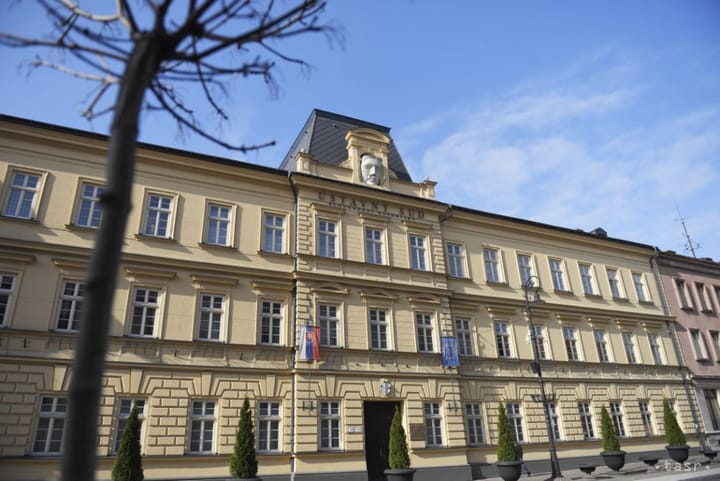Banska Bystrica Administrative Court Launched Operation, But Still Lacks Several Judges
The newly-established Administrative Court in Banska Bystrica still lacks several judges to be fully staffed. However, it has already launched its operation and since its establishment in early June, it has managed to secure essential things for its functioning.

Banska Bystrica, August 28 (TASR) - The newly-established Administrative Court in Banska Bystrica still lacks several judges to be fully staffed. However, it has already launched its operation and since its establishment in early June, it has managed to secure essential things for its functioning, Premier Ludovit Odor and Justice Minister Jana Dubovcova said in Banska Bystrica on Monday.
During her visit to Banska Bystrica, Dubovcova stated that the administrative court has managed to secure a relatively solid staff since its establishment. According to her, the situation in the Banska Bystrica Administrative Court is better than in Bratislava, where a higher number of judges and professional employees are still missing. "There should be 23 judges working at this administrative court, now there are 14 of them," said Dubovcova, adding that the recruitment of judges still continues.
Banska Bystrica Administrative Court chairman Peter Molcan said that the only legal way of acquiring judges is selection procedure. "The last one wasn't very successful and the next one to fill the remaining four judge posts will start on September 6. The five judges who have already been selected will stand before the Judicial Council," added Molcan.
The establishment of the Administrative Court in Banska Bystrica was brought about by the court map reform in early June. Administrative courts were also established in Bratislava and Kosice, where municipal courts were established as well.
"The aim was to to make court proceedings more efficient. While general courts resolve disputes between citizens, the administrative court deal with disputes between the state and citizens," explained Odor, adding that the specialisation of courts should bring faster and more efficient proceedings.



